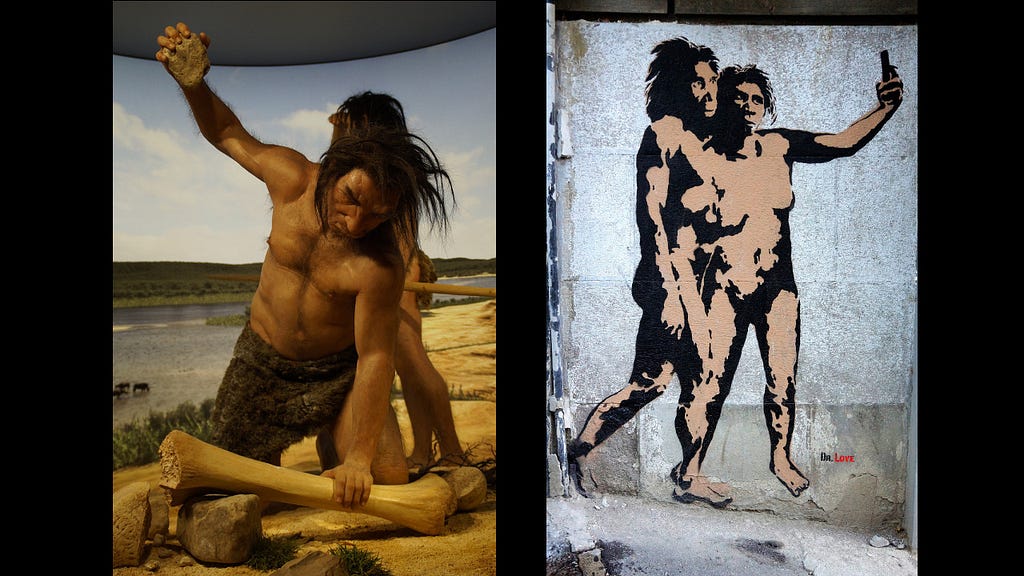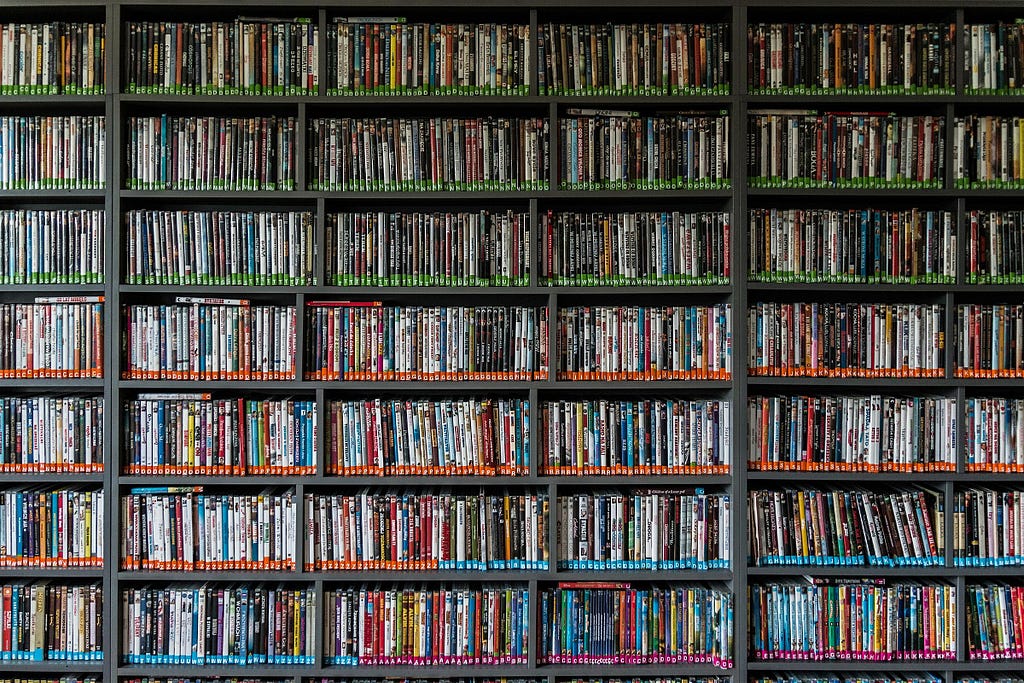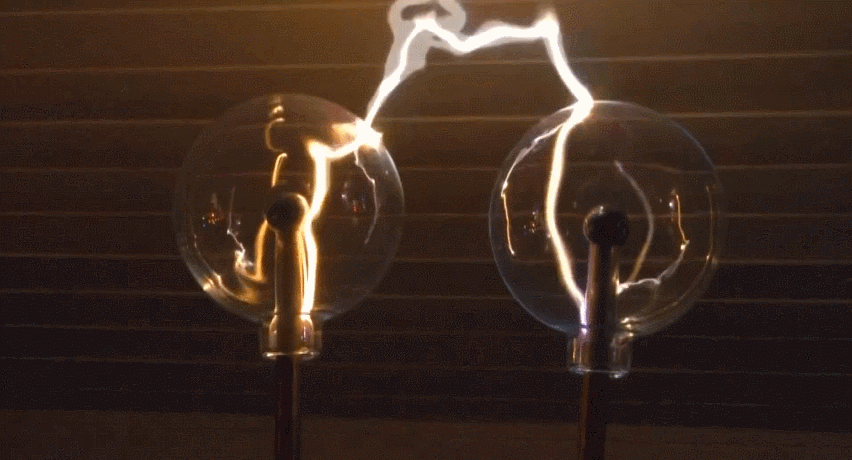Ten ways to disrupt tomorrow
Last week I gave the closing keynote at the enormous RESI 2017 residential property conference, sharing a stage with the housing minister Alok Sharma, the BBC’s Mark Easton, Dame Eliza Manningham-Buller, and Blur’s Alex James.I wrote a talk for the event, but the night before I decided it was all wrong. Closing keynotes need to be full of energy — especially when people are still jaded from the previous night’s gala dinner. They need to give people some simple points to take away. And while they can summarise, the last thing people want to hear is a repeat of what has come before.Looking at the agenda for the previous days I decided I needed to come up with something fresh. This is what I wrote. Though it was written for a property audience, I think it has wider relevance. Have a read and see what you think.####I’ve been asked to talk to you today about disruption. In the next twenty five minutes I want to talk about ten things that are going to completely disrupt the physical world. Your business, your home, and everyone’s lives.But first I want to talk about what’s driving that disruption. Right here, right now there is one change driver that is bigger than Trump, bigger than Brexit, bigger than climate change. And it’s technology.Technology is driving change both more consistently and more persistently than any of these factors today. You may be able to roll back whatever decisions a politician makes, given enough time. But you can’t un-invent the smartphone, or the atom bomb — unfortunately, given the sabre rattling from a certain chubby dictator.

The appliance of science
When I talk about technology, I’m not talking about the phone in your pocket, though that’s part of it. I’m talking about technology in the broadest sense. The appliance of science. We are a race of tool makers who have been applying science since the first caveman or woman picked up a rock and realised it was a more efficient way to stove in the head of whatever animal they were trying to catch. Technology is maths, wheels and language. Which I guess makes Shakespeare a coder.Throughout our history technology has done one thing. It has lowered friction. Technology allows us to do things we couldn’t otherwise do more efficiently, quickly, and painlessly.But that gives whoever has that technology a competitive edge. Because if someone else has that edge, then we want it. It doesn’t matter if it’s countries competing in an arms race, companies competing in a market, or you trying to keep up with the family at number 42 with the nice new Merc.It is this competitive tension that keeps driving technology forward. The last ten years have seen technology transform our world. The next ten will see transformations of even greater magnitude.

1. The end of possessions
Technology has eliminated so much of the matter in our lives. Newspapers and magazines, books, paper in general. CDs, DVDs, Blurays and all the various paraphernalia needed to play them on.This has coincided with a shift to a much more experience-led culture. Expenditure on food and drink and holidays is up. People are focused on what they can do, not what they can own.There’s still huge — perhaps increasing — value in tactile experiences like vinyl, in the face of mass digitisation. But the larger trend is clear: we can achieve the same or greater experiences through fewer physical objects.

2. Personal AI
We outsource memory to other people in our lives. How many times have you relied on a partner or family member to remember someone’s birthday, the MOT, or home insurance renewal? Why shouldn’t we outsource to machines as well?The reality is that we already do. GPS has become our sense of direction, calendars and photos our memories.The next step is letting them filter the world, and even take buying decisions, on our behalf. Right now we put this power in the hands of third parties like Facebook, and subscription shopping services. When it should be our own personal AI, intimately familiar with our preferences and insulated from the influence of external parties.
3. Frictionless administration
With a personal AI hosting aspects of our identity, finance and vital documentation, we can look forward to truly frictionless administration. No more endless reams of paper or multi-page forms for every insurance policy, remortgage or investment. Our assistants interact with the APIs of any intermediary, in turn interacting with providers and third parties. Blockchain may play a role in providing a more secure and transparent record.
4. Everything is smart
Our personal AIs will be driven by data captured from the world around us, and able to shape that world to our needs. Because everything will be connected. It costs less than a couple of pounds to add WiFi to anything these days — a few cents to do it at scale. Eventually the cost of doing so falls below the return — however slight it might be. And so everything gets some level of smarts, for sensing or control.
5. Distributed energy
We can power this smarter world because three things are happening. First, the consumption of each unit is declining: desktop PCs consume around 400 watts, laptops 75w, tablets and phones just 10. Appliances get more efficient all the time.Second, our ability to generate electricity cheaply and cleanly is improving — particularly at small scale with solar. Wind is already markedly cheaper than nuclear, as the last round of bidding for UK energy supply shows.Third, we can now store energy better. The next generation of batteries approach the energy density of petrol and are made from cheap and readily-available minerals.

6. Everything is electric
Because of this, gas starts to look as unattractive as a home fuel as coal does to us now. Dangerous and dirty, people will bother less and less with installing gas supply in new developments, as electricity becomes the preferred technology for heating and cooking, transport and travel, as well as all of our digital appliances.
7. Autonomous construction
Machines can already lay bricks and pour concrete faster than people, with large-scale 3D printers now producing whole buildings near-autonomously from a recycled slurry. As this technology advances it will change the nature of construction and maintenance. Autonomous machines will follow digital instructions to create and complete whole structures, utilising new materials and modular techniques.Then machines will respond to sensor data to adapt those buildings to current need, within the parameters laid down by the original architects.
8. Dynamic addressing
Your phone is increasingly your address, enabling you to share your location with a high degree of accuracy with third parties. The incredible WhatThreeWords gives a unique address to every few square metres of the earth. Given these capabilities, why do we have everything delivered to a fixed physical address? New fraud controls mean we should be less reliant on address as a validation of someone’s trustworthiness. Why not send goods to wherever they want them — whether that’s where they are or where they will be?
9. Life through a lens
Yesterday’s Deloitte figures showed we spend an incredible amount of time staring at a screen. Tomorrow we will stare through it. Augmented reality enables more natural, human interactions with the digital world, and equips us with a general purpose sensor — the head-mounted camera — that enables a whole range of applications. I genuinely believe that in just ten years we will spend 10–12 hours per day in augmented reality, witnessing the world through a digital overlay. One that expands our senses, enhances our memory and cognition, and personalises our world. This isn’t a vision without risk, but I think it’s realistic.
10. Joy is paramount
One of the insights about the ‘millennial’ generation that I actually accept is the rising priority placed on experiences over possessions. While widely pilloried I think this can only be seen as a good thing in retrospect. We should enjoy life if we can, and our spaces and places, services and service, need to be shaped around that priority.
